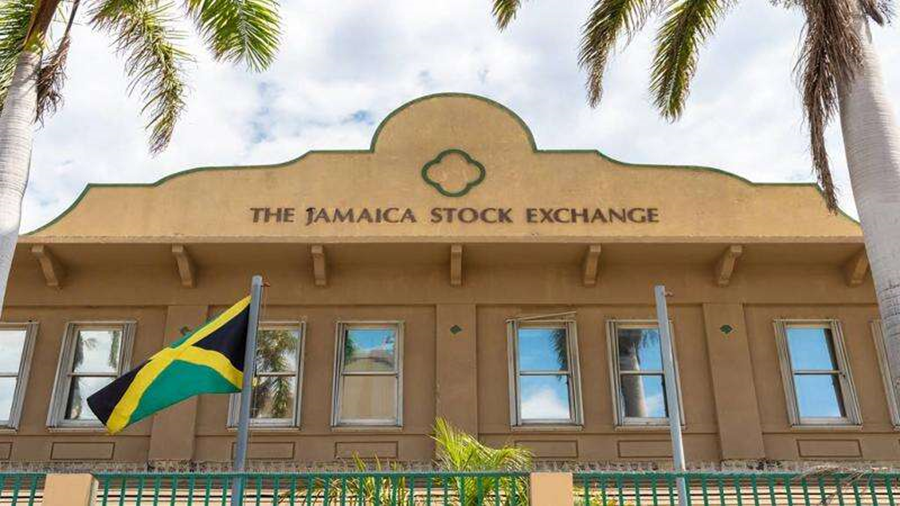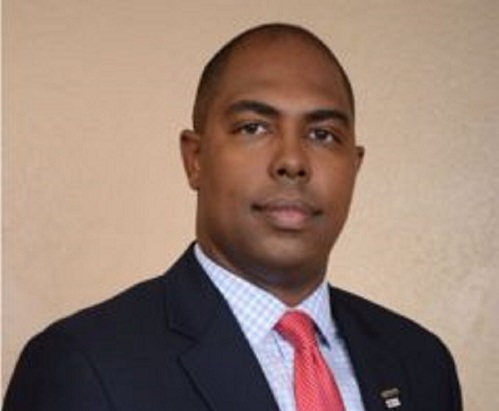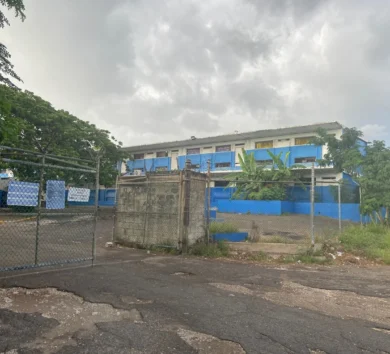

Durrant Pate/Contributor
Chairman of the Jamaica Stock Exchange (JSE) Steven Whittingham has decried the country’s low labour productivity calling it a national crisis, which needs to be fixed urgently for economic growth to take place.
In delivering a sobering presentation at the official launch of the JSE’s 20th Regional Investments and Capital Markets Conference Tuesday night, Whittingham drew on research done by Professor at the University of the West Indies, Mona Campus, David Tennant, which articulated Jamaica’s labour productivity crisis since post-Independence.
The JSE chairman told the wide audience that Jamaica’s low levels of productivity have relentlessly undermined the country’s development efforts to achieve significant growth, highlighting that labour productivity is central to the success of any economy.

Prolonged productivity crisis
With this in mind, he questioned why Jamaica has such a prolonged productivity crisis, noting that from the report, it has been shown that productivity in Jamaica declined in the early 70s, in the mid-1980s and then throughout the 90s. “We’re talking about 30 years span,” Whittingham said.
At the same time, Jamaica’s annual labour productivity from 2001-2022 has predominantly been negative, decreasing at an average rate of 0.9% since 2001. “We have been less productive every year on average for the past 20 years. Jamaica has the lowest GDP for persons employed since 2021 relative to the other countries in the study…,” Whittingham muttered to the audience.
The study showed, according to the JSE Chairman that Jamaica was the only country on the group for which the Gross Domestic Product (GDP) for a person employed in 2021 was lower than in 2000.
The research, he added showed that low and declining productivity in Jamaica was ubiquitous across sectors, “which means that for all of the economy when you look at eight of the 12 sectors it was found that there were challenges with productivity, which means that it wasn’t industry specific which means we do have a challenge”.

He expressed the hope that discussions from the conference will inspire confidence and a belief that Jamaica can overcome this challenge and “whenever it comes to Jamaica I never give up hope”.
Jamaica textbook case
He sought to look at Jamaica as a textbook case, arguing that the country was ranked by Bloomberg for having the best-performing stock exchange for two years in 2015 and 2018. He emphasized that this happened during the same period Jamaica was experiencing declining productivity.
Also at the same time, “Jamaica achieved one of the most remarkable economic turn-around with defaults and multiple rounds of debt restructuring and the country standing on the brink to becoming a shining global example of fiscal discipline,” Whittingham bragged. ”So on paper, it just doesn’t make sense, something isn’t adding up but what cannot be put on paper is the soul of our people and the strength of the institutions we create when we collaborate. If this is what we are able to achieve with so little can you imagine what we can do with so much more?”
Turning to the matter of inequality in the country, he admitted that Jamaica is plagued with this but pointed to the hope that this can be addressed through access to capital, and participation in wealth creation.
Whittingham cited the JSE as one vehicle through which all these can be achieved giving the Jamaican workforce a sense of belonging and motivation to achieve more when they have a vested interest in building wealth and value-creation.







Comments